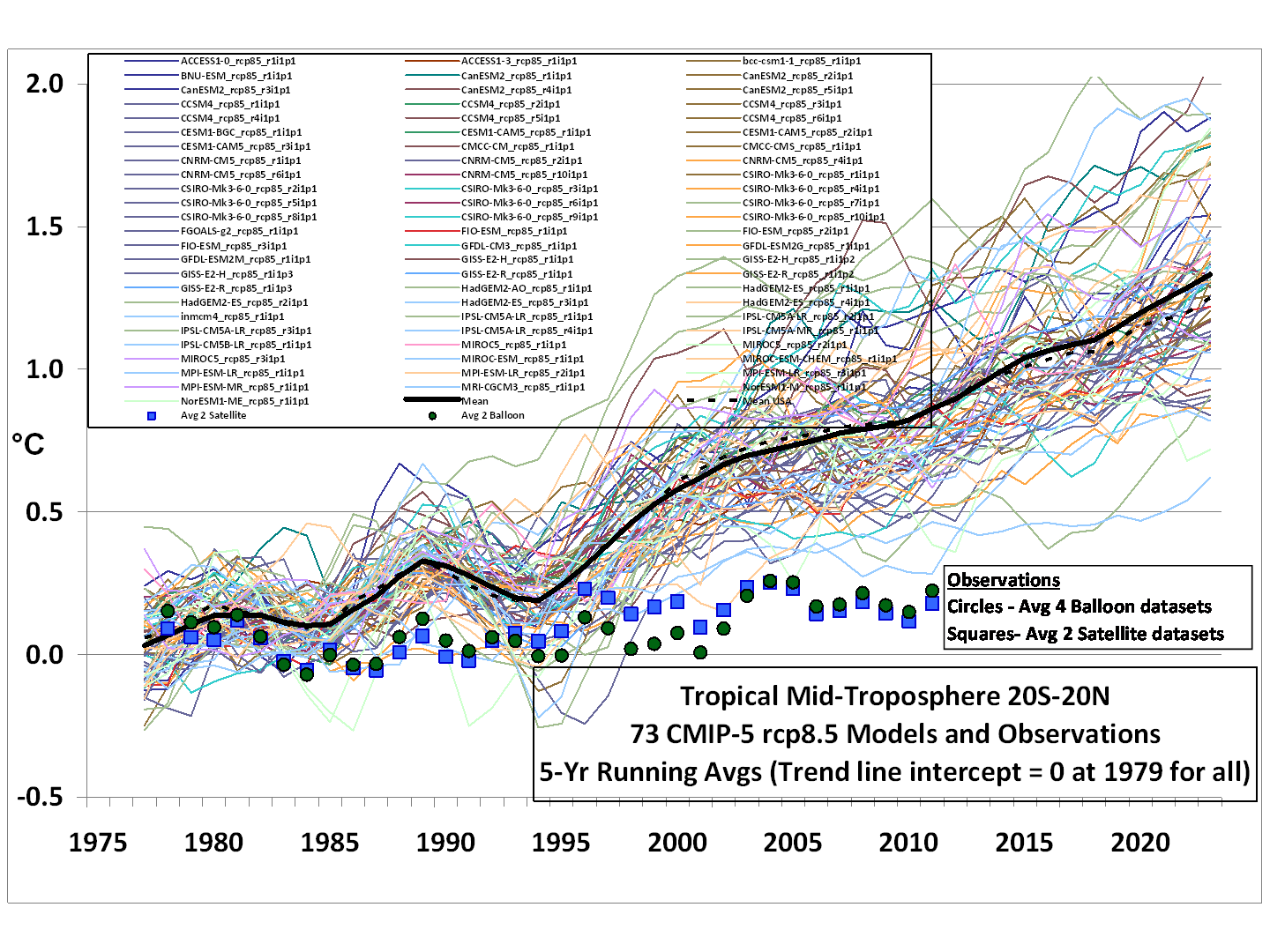Can a carbon tax solve the politicisation of climate science? That sounds like a weird question but in a yesterday published report of the GWPF economist Ross McKitrick claims the answer to this question could be “yes”. For that to happen we should introduce not a “normal” carbon tax but a “temperature-indexed” carbon tax. Now first what is a temperature-indexed carbon tax? I cannot explain it better than McKitrick did in his report:
I propose instead that the best way to proceed would be to put a small tax on CO2 emissions, and tie its subsequent evolution to a suitable measure of atmospheric temperatures. If temperatures go up, so does the tax. If they do not, the tax does not change.
Now why would or could that end the politicisation of climate science? Again I quote McKitrick:
What if no one believes the forecasts [of temperatures]? Here is where the concepts really gets interesting. There is no incentive for industry to promote or use wrong forecasts. The greatest benefits will accrue to those who base their plans on the most accurate numbers. Losses will pile up for those who make bad forecasts. In one stroke we will solve the politicisation of climate science by using the market to weed out bad models.
Long live the market
So the market is not only going to solve the CO2 emissions “problem” but will also “weed out bad models” :) That sounds too good to be true.
I am sure that McKitrick’s proposal will meet some healthy criticism. For myself, I have read the full report now (it’s not that long) and I have to admit I really like the idea and I do believe that he could be right that a temperature-indexed tax could have a positive influence on climate science. Why? Well, because serious money will be involved in getting the science right.
Now to understand why this would be the case a longer quote from the report is needed:
A colleague of mine (Hsu 2011) has also pointed out that, if a futures market were to be opened in which firms could buy contracts to cover the per-tonne costs of the emissions tax up to, say, 30 years ahead, not only would investors have complete pricing certainty for the coming years, but the futures market would become the world’s most accurate climate model. With billions of dollars at stake, investors will ruthlessly sift information sources for an edge in predicting the value of such contracts, thereby bringing all the world’s knowledge to bear on the future path of climate.
For example, if a scientist concludes from his analysis that we are nearing a ‘tipping point’ at which rapid temperature increases are inevitable, he might get frustrated if colleagues or policy-makers keep ignoring his warnings. But under the plan I am describing, if he has a valid analysis, market participants will not ignore him, instead they will objectively assess whether his warnings are credible. Likewise, if Lord Stern believes that global warming will make fossil fuel reserves worthless, owners of such reserves who accept his argument will have a strong incentive to invest in carbon tax futures to hedge against the risk to their assets. Hence, futures prices will reflect objective forecasts of future temperatures. Indeed if a scientist (or Lord Stern) believes his own forecast of the coming climate tipping point, he could earn significant profits by investing his pension in carbon tax futures while they are still cheap. And if he does not trust his own science enough to bet his pension on it, then he can hardly blame others for ignoring it too.
Climate bets
As McKitrick describes here, for concerned scientists it has been frustrating that there has been so little progress in mitigation in the past twenty years. Skeptics though have also been frustrated that scientists can “exaggerate” (the dangers of) future warming without being “accountable” for it. If in 30 years the alarming projections turn out to be wrong, the scientists are retired or dead. They had all the gains (research money) and no pains. The skeptics complain that perverse incentives are involved in this process because in general shouting “alarm” will generate more research funds that saying “nothing going on here”. Now under the temperature-indexed carbon tax such frustrations (at both sides) should disappear as is explained in the quote above. And for investors it will be extremely important to get to the bottom of the issue.
In a sense it would be a formalisation of some of the climate bets that people have had (or were planning) over the past years (see here and here for just two examples).
Tropics
McKitrick proposes to use the temperature of the tropical troposphere because he considers “temperature levels in the tropical troposphere to be an ideal place to see the general magnitude of CO2 emissions on the climate”. We will get back to that choice in a later post but for now just accept it as a given. Here is how the temperature evolution up there has evolved over the past 30+ years:
If you had put your money on the models 30 years ago you might have suffered some investment losses. Under the carbon tax the modellers have a much bigger incentive to get their models “right”. Skeptics on the other will be punished by the market (“they love so much”) when they underestimate future warming or when they unjustly claim that “global warming has stopped”.
Now this post might suggest that McKitrick’s proposal is rather “exotic”. In a future post I will explain it is not. It is just a carbon tax like most economists favor. So even if we leave the effect on the politicisation of science aside his plan is well worth to think about. More about that in a future post.




They don’t need a tax to place their bets on the value of various energy sources. The market system already regulates these sources supply and utilization.